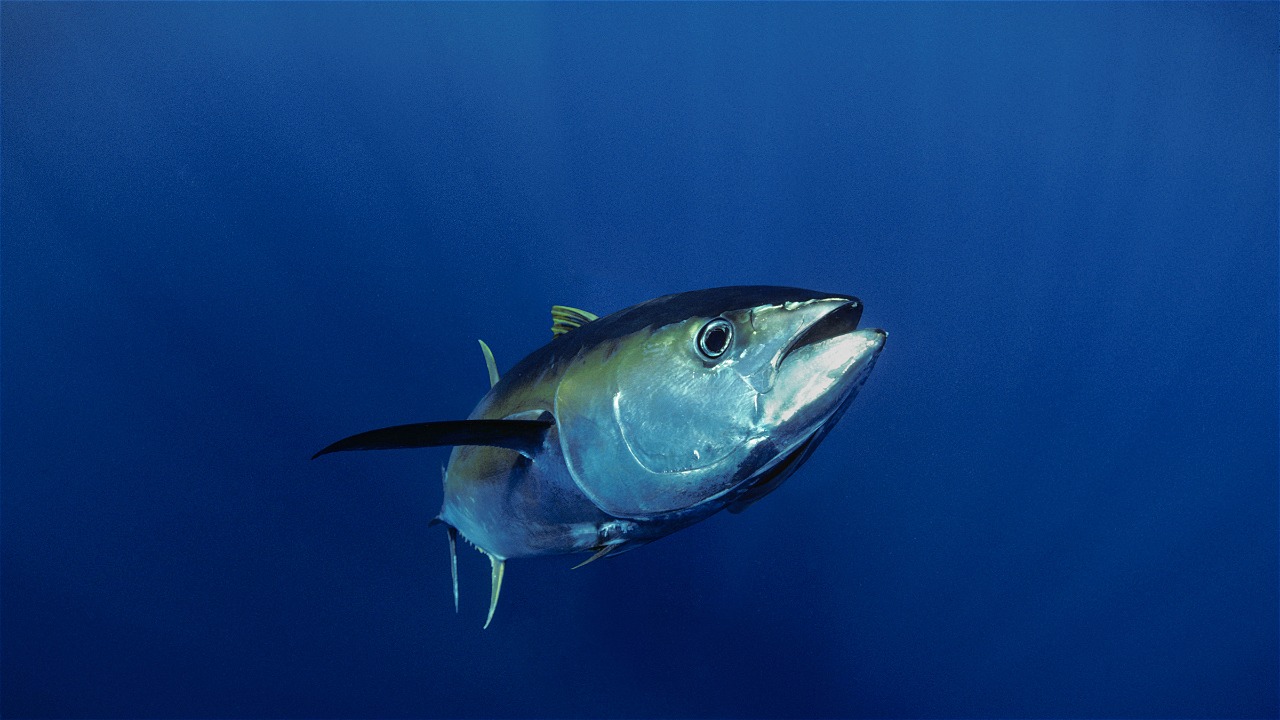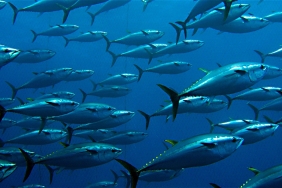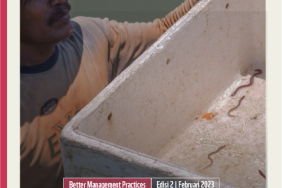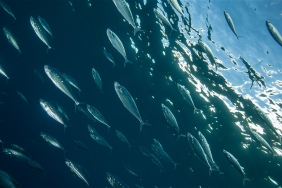MAKASSAR TARGETS SUSTAINABLE FISHERIES MANAGEMENT IN 2017
Sustainable fisheries management produces one product, namely environmentally friendly fish, or what has been known as sustainable seafood/sustainable fisheries product. Another important outcome is the improvement of habitats and ecosystems, which are the main basis for the sustainability of fish stocks. Sustainable fish stocks and ecosystems will ensure the sustainability of fishermen's livelihoods and the capture fisheries business as a whole.
Geographically, Makassar City is the gateway to Eastern Indonesia, and one of the export gateways for fisheries trade in general. Recognizing the potential and opportunity to advance the sustainable fisheries industry, WWF-Indonesia together with Mattirotasi Foundation and EAFM Learning Center of Hasanuddin University, supported by the City Government and Makassar City Marine Fisheries Office (DKP) have initiated through intensive discussions since late December 2014 to early January 2015. The discussion resulted in several sustainable fisheries management activity plans for the 2015-2017 period.
According to the Head of Marine Fisheries Division - Department of Marine, Fisheries, Agriculture, and Livestock (DKP3), Mr. Syafri, S.Pi, M.Si, fisheries stakeholders in Makassar are well aware of the importance of managing fisheries potential and the threat of damage to fisheries resources that has occurred in front of our eyes. The Makassar City Government also agreed to lead this program and it will be included in the government and agency budgets.
The sustainable fisheries management program plan in Makassar City is broadly divided into five groups of activities. First, sustainable fisheries management policies covering capture fisheries, aquaculture, and post-harvest. This policy will oversee all processes of sustainable fisheries activities in Makassar City.
Second, sustainable seafood festival. This festival is expected to encourage the socialization of environmentally friendly fishery products among the public. This activity, which will be the second time it has been held, will again involve the Jaringan Nusantara fishermen's assistance group as an environmentally friendly reef fish producer from Takalar Regency.
Third, the establishment of an eco-friendly fish sales company. The company, which is planned to take the form of a fish market, will accommodate the catch of environmentally friendly fish from small-scale fishers who use fishing rods. This fish market is expected to be the axis of a sustainable fisheries business that can provide premium prices to environmentally friendly fishermen. In addition, it can also become one of the sources of local revenue (PAD) for Makassar City through fisheries retribution.
The next two activities are very related to fishermen, namely strengthening the capacity of fishermen groups and communities and managing Regional Marine Protected Areas (MPAs) by Community Supervisory Groups (POKMASWAS) on 11 small islands in Makassar City waters. These two activities spearhead the success of the program at the field level because they interact directly with marine habitats and ecosystems.
Environmentally friendly fishing and supervision of conservation areas guarded by regulations, and supported by a strong fisheries business will make Makassar City one of the producers of environmentally friendly fishery products in Indonesia.
Author: Muhammad Yusuf (Fisheries Science and Training Coordinator)





